Optimal Timing for Waterproofing Projects
Waterproofing is a crucial process that prevents water intrusion and protects structures from water damage. Proper timing ensures the effectiveness and longevity of waterproofing materials, reducing the risk of costly repairs in the future.
Spring offers moderate temperatures and dry conditions, ideal for applying waterproofing solutions before heavy rains arrive.
Summer provides warm weather and longer daylight hours, facilitating thorough application and curing of waterproofing materials.
Applying waterproofing in fall prepares structures for winter, preventing water penetration during freeze-thaw cycles.
Winter temperatures are typically too cold for effective waterproofing application, as materials may not cure properly and moisture can hinder adhesion.
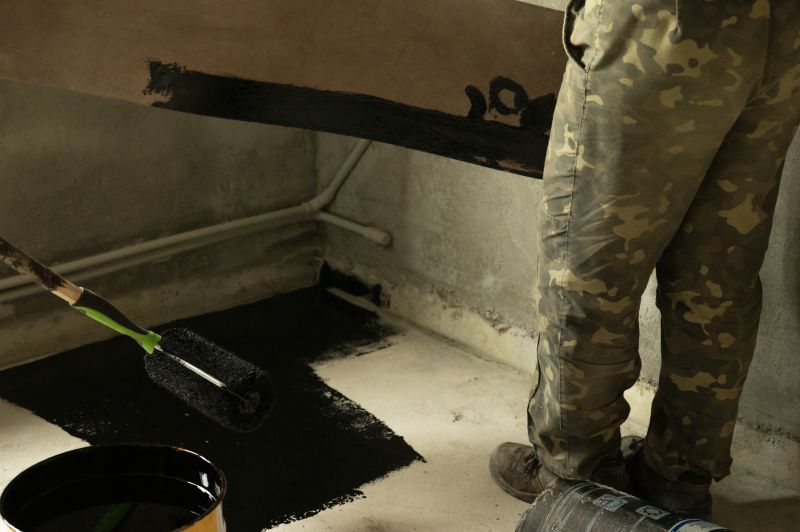
Ways to make Waterproofings work in tight or awkward layouts.
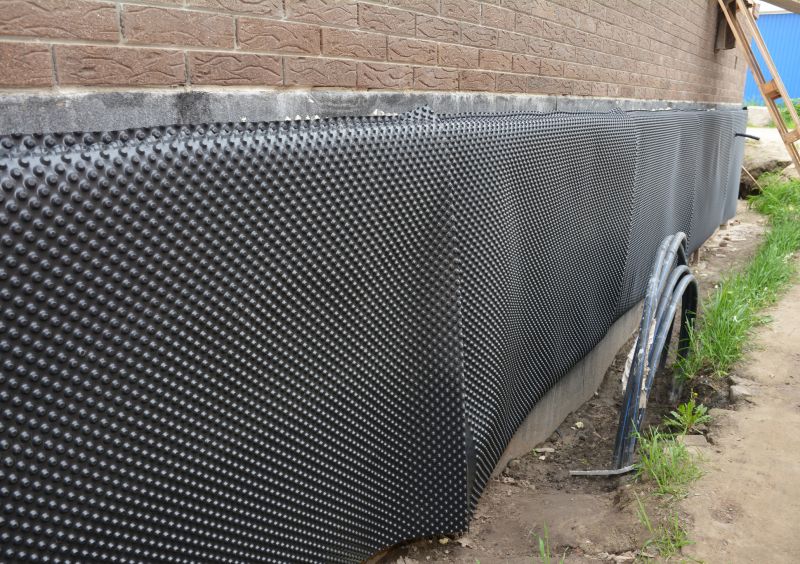
Popular materials for Waterproofings and why they hold up over time.
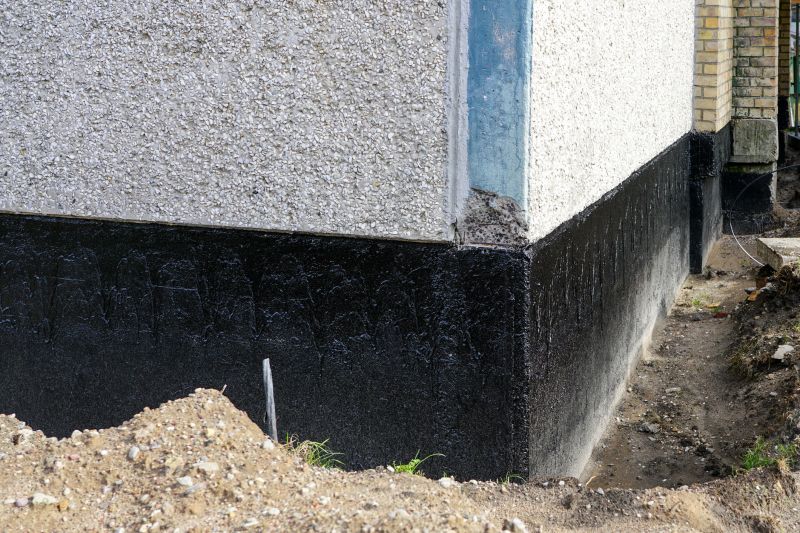
Simple add-ons that improve Waterproofings without blowing the budget.
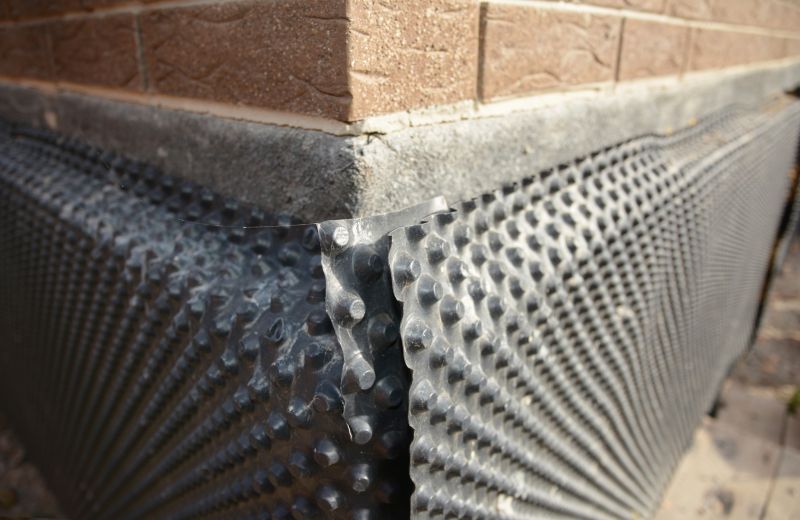
High-end options that actually feel worth it for Waterproofings.
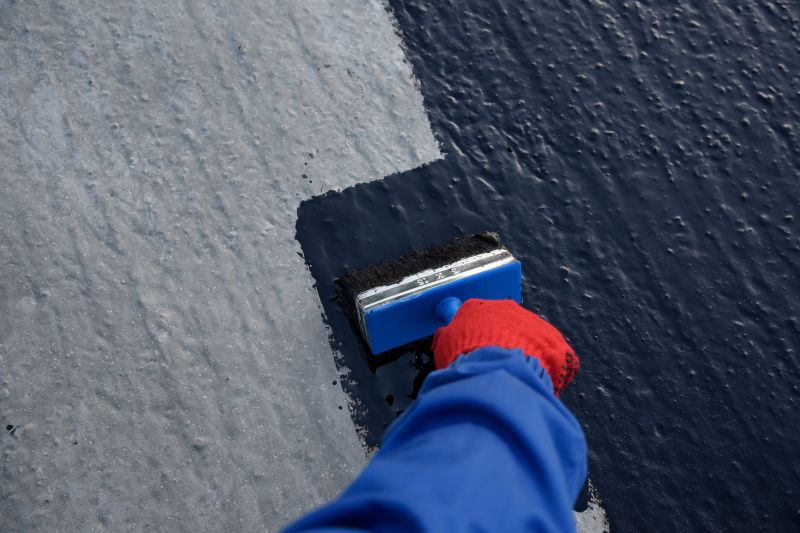
Finishes and colors that play nicely with Waterproofings.
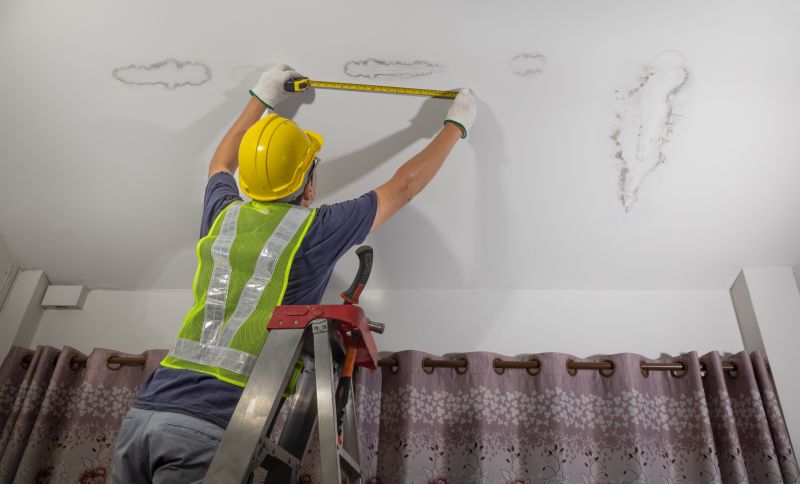
Little measurements that prevent headaches on Waterproofings day.
| Season | Recommended Conditions |
|---|---|
| Spring | Temperatures between 50°F and 75°F, dry weather |
| Summer | Warm temperatures, low humidity, no precipitation |
| Fall | Mild temperatures, dry conditions, before winter |
| Winter | Too cold, high moisture, not suitable for waterproofing |
Waterproofings involve applying specialized materials to prevent water infiltration in various structures, including basements, roofs, and foundations. Proper timing enhances the durability and effectiveness of these applications. Statistics show that waterproofing can extend the lifespan of a building by protecting it from water-related damages, which account for a significant portion of structural repairs annually.
Advancements in waterproofing technology have improved application methods and material performance, making it possible to achieve better water resistance in shorter periods. Properly timed waterproofing projects can reduce maintenance costs and prevent water damage-related issues, such as mold growth and structural deterioration.
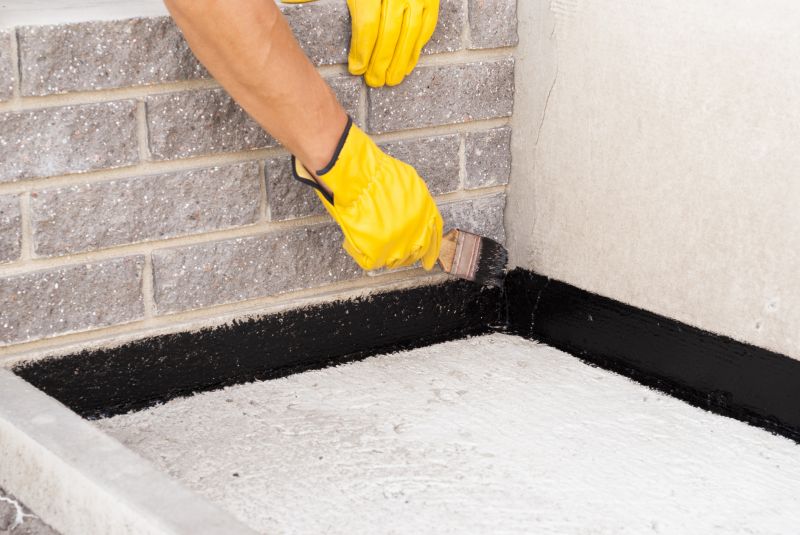
A 60-second routine that keeps Waterproofings looking new.
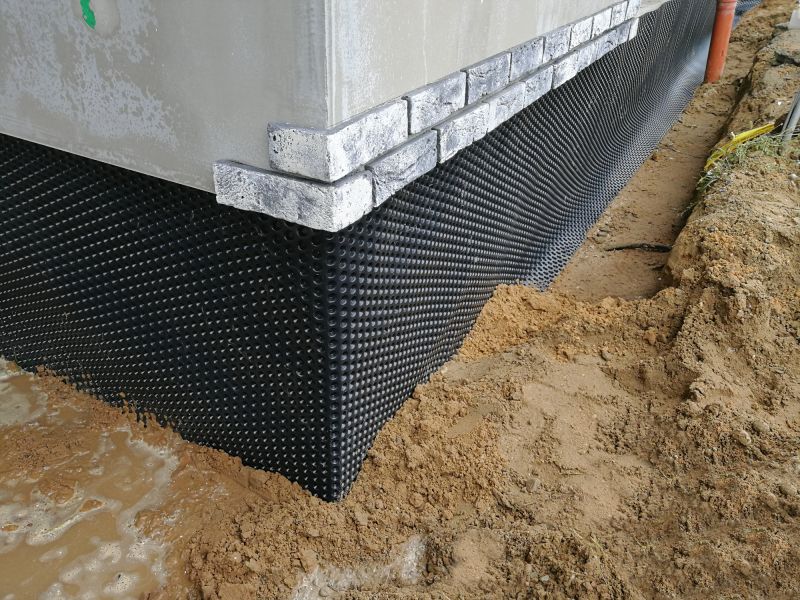
A frequent mistake in Waterproofings and how to dodge it.
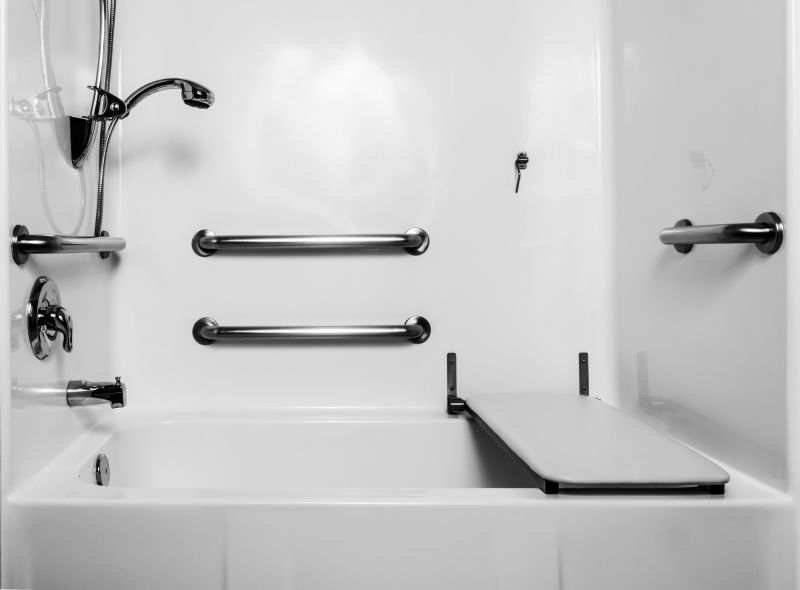
Small tweaks to make Waterproofings safer and easier to use.
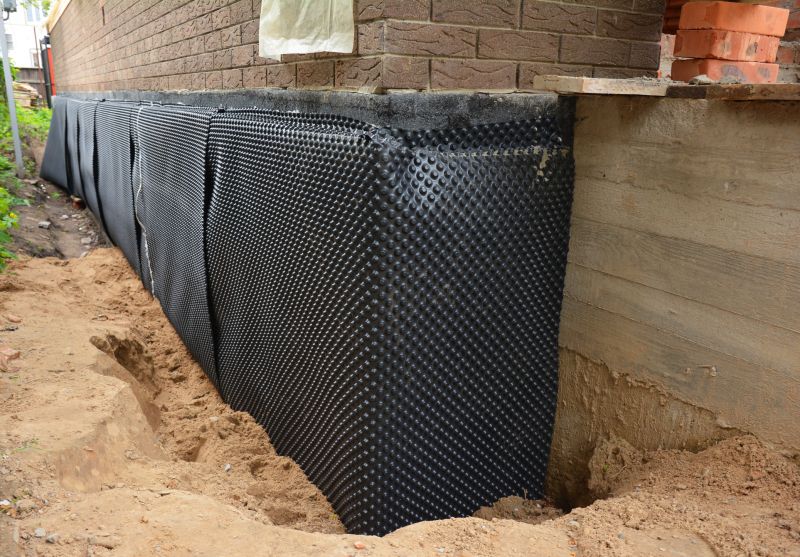
Lower-waste or water-saving choices for Waterproofings.
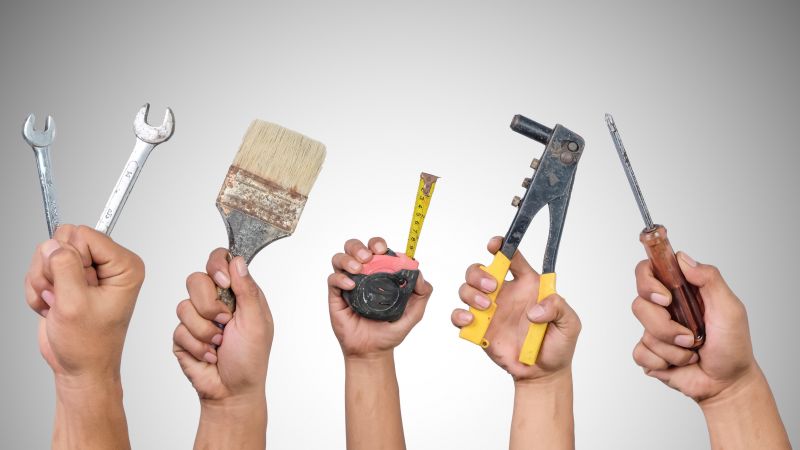
The short, realistic tool list for quality Waterproofings.
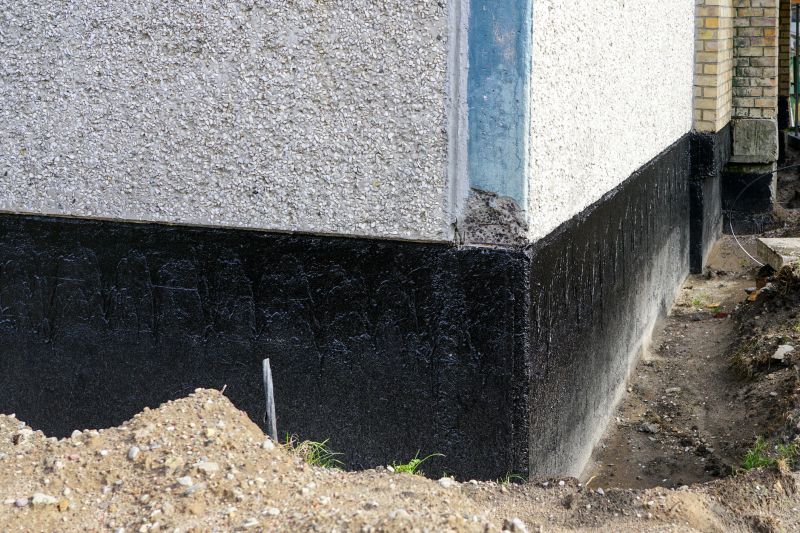
Rough timing from prep to clean-up for Waterproofings.
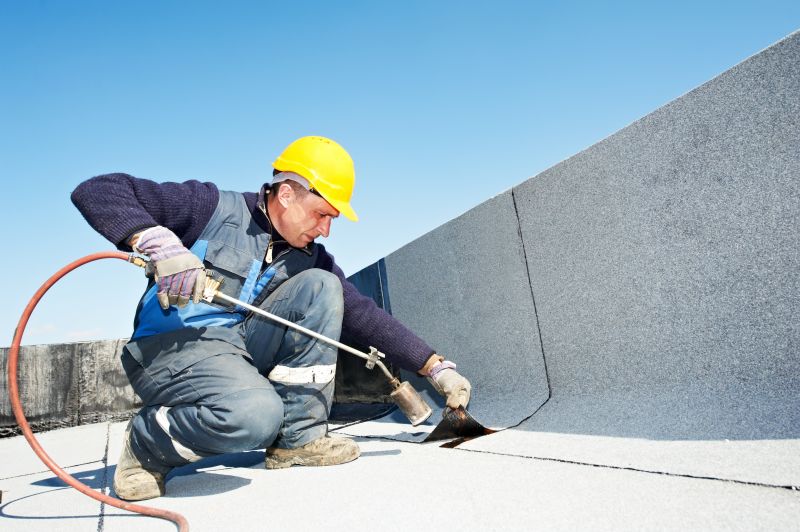
Quick checks and paperwork to keep after Waterproofings.
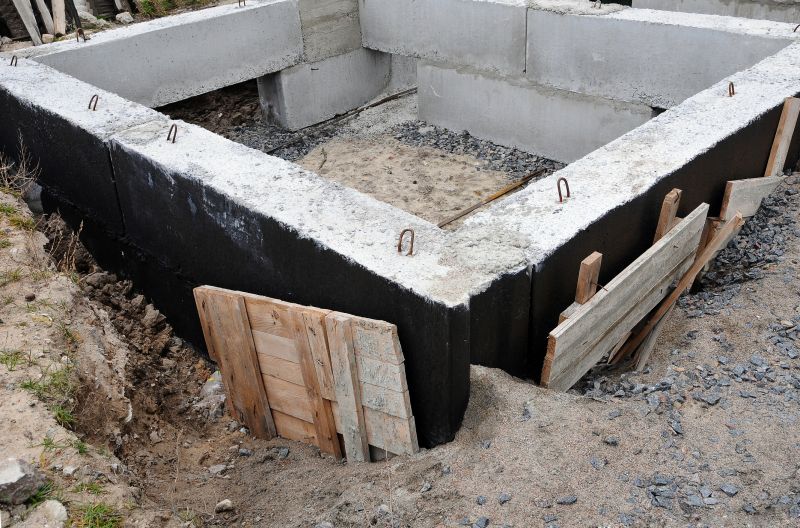
Examples that show the impact a good Waterproofings can make.
Interested in waterproofing services? Filling out the contact form can provide more information on scheduling and suitable timing for specific structures. Proper timing and application are essential for ensuring long-lasting water resistance and structural integrity.


